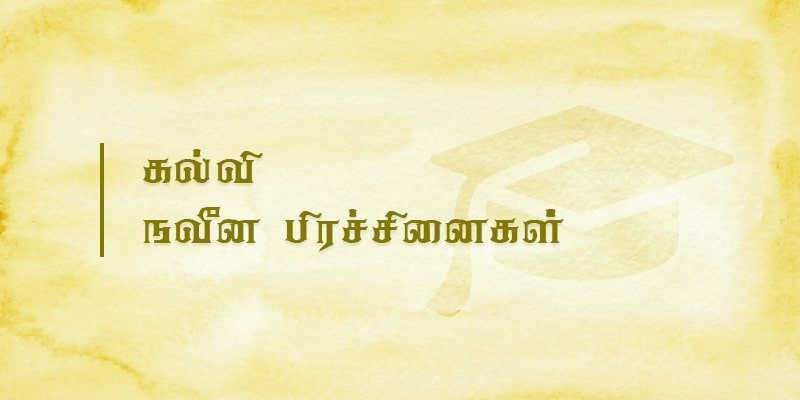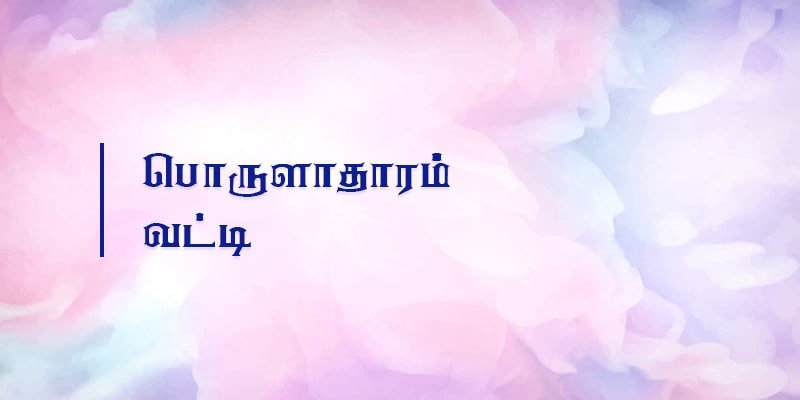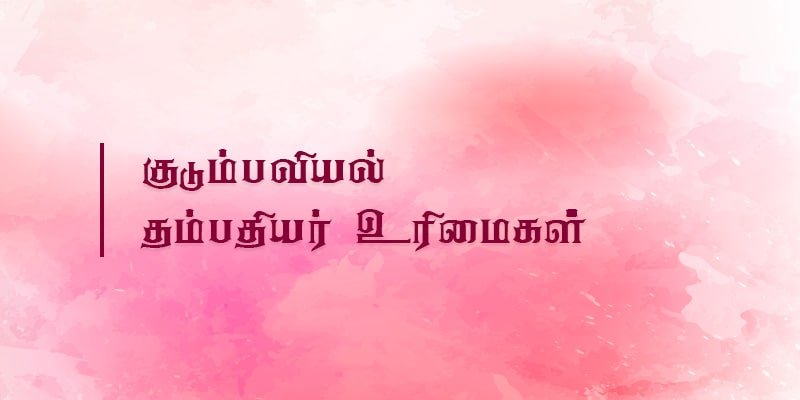499. Were the verses 113 and 114 revealed regarding witchcraft and sorcery.
Some believe and argue chapters 113 and 114, were revealed as a sequence to Prophet Muhammad’s suffering by witchcraft and that the affliction was removed with the recitation of each verse of these chapters.
We have already explained in point no 357, it is a fiction and fable, that Prophet Muhammad was affected by sorcery.
When the very fact Prophet Muhammad was affected by witchcraft is a blatant lie, the false reason cited for the revelation of these verses based on the incident that never happened becomes a figment of imagination of these people.
Though the narrators are said to be authentic, but because of the reason this message demolishes the very edifice of Islam we term it a fable.
There is no credible evidence to prove these verses were revealed as a remedy to remove the sufferings of Prophet Muhammad due to sorcery neither is there a credible narrator chain cited.
Let's have a look at the critical views of Ibn Kathir’s regarding these verses.
Sa Alabi, an exegete of the Quran says in his explanation that after Prophet Muhammad was subjected to sorcery,
He sent Ali, Zubair, and Yasir bin Ammar to that well; they drained out all the water from it which was like the juice from henna leaves. And then they removed a rock, under which they found palm leaf pouch containing the Hair from the head of Prophet Muhammad along with a few teeth from his comb. There was also found a threaded needle with twelve knots. That was the time verses 113 and 114 were revealed and as there were recited all the knots unfolded. This is the account given by Sa-Alabi. Only in this account can we find the names of Ayisha and Ibn Abbas mentioned, and it has been presented without the narrator chain connecting with the author of the book. But it has not been mentioned to whom the two (Ayisha and Ibn Abbas) revealed this. And the messages conveyed in this hadith are contradictory to authentic information, and not revealed by anyone else, says Ibn Kathir.
Since any hadith that does not have a narrator chain is considered a fable, we cannot accept this as an authentic one and needs to be rejected.
Similarly, Ibn Hajar also has made a review of this hadith
The belief 11 knots were tied with the intention to cast witchcraft on Prophet Muhammad, and the revelation of suras ‘Falak’ and ‘Naas’ as a remedy to get rid of the effects of sorcery, those knots being unfolded with the recitation of both suras were quoted from a weak source says Baihakee in his book Talain-nubuwah.
There is no credible evidence to substantiate the message these two verses were revealed at time the prophet was subjected to sorcery. The people who believe sorcery can affect men also agree to this fact. Hence this cannot be accepted to be authentic.
But some give a wrong interpretation to these chapters and say they speak of sorcery.
Particularly they cite the ‘Falak’ chapter where a phrase is found saying ‘seeking protection from those who blew into the knots’ as substantiation sorcery does affect people. They contend this phrase refers to women who practiced sorcery those days by uttering some words and blowing into knots of threads.
The phrase ‘those who blew into knots of threads’ is an interpretation invented by these people, and nowhere in the Quran or the hadiths of Prophet Muhammad are evidence found. And they are unable to give any acceptable reply to the query regarding their contention it refers only to women sorceresses.
Any ordinary person would understand the flaw in their argument
Not only women practice witchcraft but also men do it is the belief of people who subscribe to the view that sorcery affects others. And they believe a sorcerer by the name of Labeed cast witchcraft on Prophet Muhammad, still they insist the phrase meaning ‘protection from women who blew into the knots’ refers to sorcery. In this chapter protection is sought only from women, and not to be protected from men who practice witchcraft.
When these people who believe in the effects of sorcery say this verse was revealed as a protection from it, do they infer protection is only from women sorcerers and not from men who practice the same. Would the Almighty ever be selective in offering protection to His creations.
When contemplated on these lines, the explanations given by these people turn out to be useless, and render the messages of Almighty meaning less.
Moreover, the belief of the people who support the concept of witchcraft does not restrict them into believing blowing into knots is the only way to harm others.
Their belief is there are thousands of ways to cast sorcery on others. If this verse was revealed as a remedy to ward off the ill effects of sorcery, it means protection for people only from effects of blowing women and not from the rest of the forms of sorcery, leaving them without any protection.
The fact we come to understand here is, these verses were not revealed as a sequel to ward off the effects of sorcery, and the Almighty would not offer incomplete solutions to issues faced by His creations.
All over the world, men are mostly involved in witchcraft and only in comics and movies an aged woman is portrayed as a witch. But in real life happenings this is not to be, mostly men are practicing witchcraft, and the claim by these people, the verse was revealed seeking protection from women practicing sorcery does not stand ground. We need to go into the meaning of the phrase ‘from the ill effects of those who blow into the knots’. Though the literal meaning of the word knots means a ‘tie’, when pondered over what kind of an ill effect can a ‘tie’ bring, we are not in a position to attribute the direct meaning to this word. The word ‘tie’ is seen to be used in other contexts as well.
For example, Prophet Musa had a drawback in him of stammering while speaking, he prayed to God saying ‘Oh! God broadens my heart, makes my affairs easier and removes the knots in my tongue. (The Quran 20:27). We do not understand this verse as meaning the tongue tied as a knot. What was prayed by prophet Musa is a plea to get rid of the stammering he had in him.
Similarly in verse 2:237 Allah says when a couple is separated after getting married, half of the Mahar amount already paid by the man needs to be returned by the women except when it is relinquished by the one who has the knot called Nikah with him.
Allah refers to the union of man and woman in a conjugal relationship as a knot. Hence we need to look for an explanation from the hadiths for a suitable word denoting ‘Tie’ . While searching in the Prophet’s hadiths for an apt word meaning what a ‘tie’ is, we come across a message by him.
He says while a person is fast asleep, Shaitan sits by bedside and
ties three knots at the time of his rising from the bed he will make him feel it is too early for him to get up at the same if the man resists the feeling to sleep again and wakens one knot begins to get untied, ad he second knot gets untied the moment he begins his ablution for worship and the third knot gets untied when he starts his worship. As a result, he leaves a good while for the day behind or else he would have spent the day as a lazy person says the hadith.
Book : Bukhari 1142, 3269
From this we understand the meaning of a knot by Shaitan is stopping people from doing good deeds and instigating them to do wrong deeds. And thus, it is understood the meaning of the word ‘knots’ in the right context is the leading astray by Shaitan and we seek the protection of the creator from it.
Giving an imaginary explanation instead of seeking the correct meaning by perusing the hadiths is unacceptable.
This chapter 113 is similar to verse 114 which talks about seeking protection from the wavering of the soul.
To know more about sorcery please refer to explanations points 28, 285, 357, 468, 495, 499
499. Were the verses 113 and 114 revealed regarding witchcraft and sorcery.
Typography
- Smaller Small Medium Big Bigger
- Default Meera Catamaran Pavana
- Reading Mode











